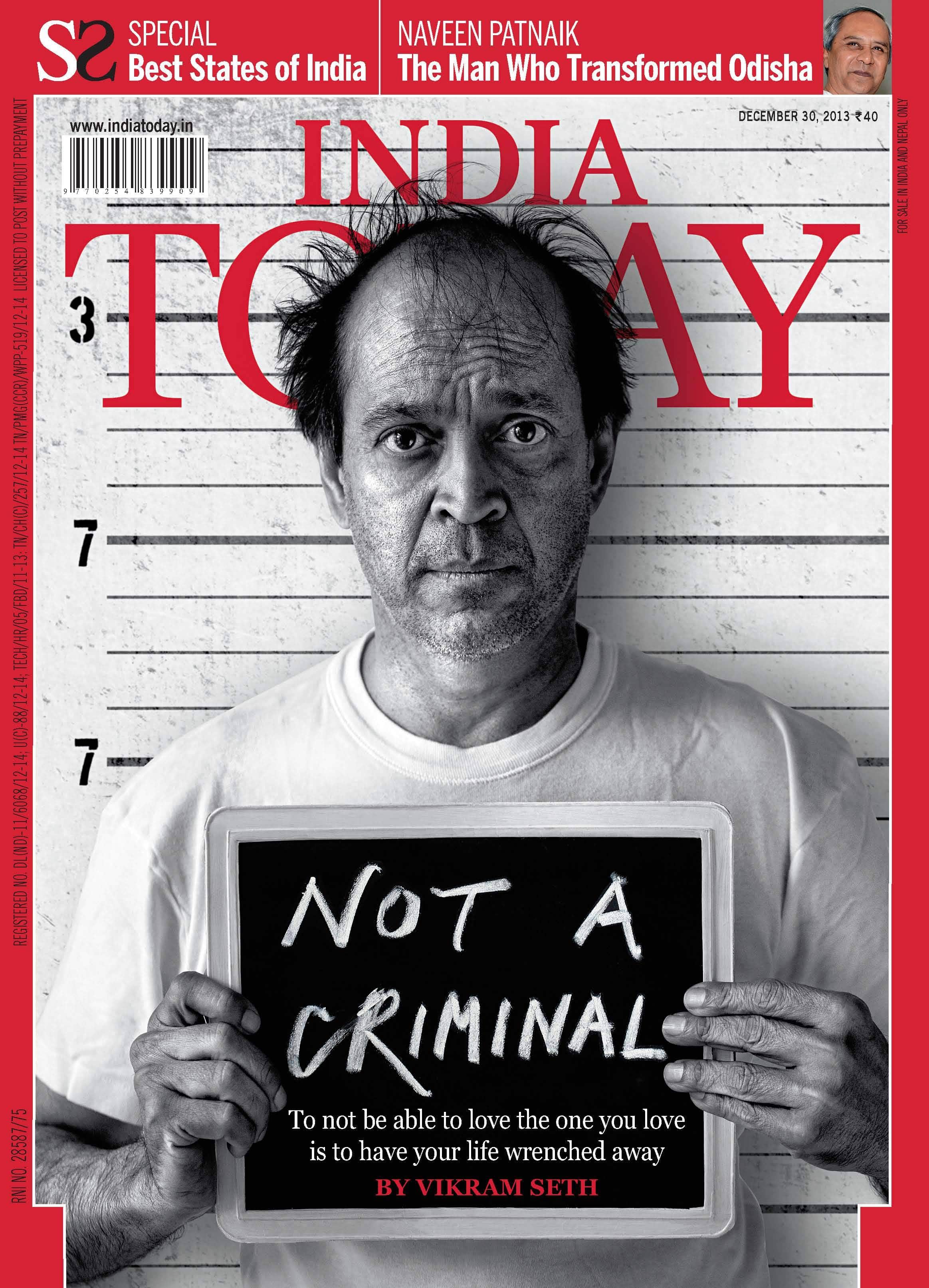“Mama, can boys marry boys?”
I wasn’t aware kindergartners in New Jersey in 2015 were discussing the US Supreme Court decision to allow same-sex marriage in all 50 states. I wasn’t ready for any kind of nuanced conversation on sexuality with a five-year-old.
Nevertheless, I replied, “Of course, boys can marry boys. And girls can marry girls.”
I figured that answered his question sufficiently. But most discussions don’t follow an age-appropriate trajectory with my first born. The previous week, we had discussed at length what kind of burial ritual I would like. He decided he would dig a hole so I could be buried in the backyard, close to the house at all times!
So, he turned around and said, “If boys can marry each other, how do they have kids? I thought you need ladies for that stuff!”
He’d seen me pregnant with his little brother, so he knew the buck was not passed onto the daddies of the world.
“You’re right. The ladies have babies, but when there are two fathers, they can adopt children who need happy homes,” I replied.
With that answer, he seemed somewhat satisfied, and continued to play with his legos. I knew this was just the first chapter in a book we needed to read together, visiting themes that he would understand better as he grew up.
Also read: God, Religion and Chicken Curry: Questions From My 8-Year-Old During Lockdown
He was not old enough to grasp the struggles of the LGBTQIA+ community. He did not know that in India, at the time, any public display of homosexual behaviour warranted legal action. The Roman Catholic church did not allow same-sex marriage either – and it still doesn’t.
But I was certain I wanted him to know that everyone was free to love freely.
The next year, my friend married her partner and I shared those pictures with him, so he could see their ceremony was the same as others he had witnessed. A couple of years later, I decided to introduce him to the journey of the movement with a few icons in the book, Stories for Boys Who Dare to Be Different by Ben Brooks. Mathematician Alan Turing, Harvey Milk, the first openly gay, elected official in San Francisco, and musician Frank Ocean, were just some of the figures who swam against the tide.
“But why? Was it wrong to love someone because of their gender?”
As an eight-year-old, he was now ready for a deeper understanding. So we started small. We talked about kids on the playground, who organically formed groups, and how anyone different automatically got shunted out. He picked that up immediately. Then we moved onto how the powers that be had decided it was unnatural to be homosexual, and outlawed it in many countries. To this end, there were interesting, scientific articles, on same-sex behaviour in the animal kingdom.
He asked me quizzically, after discussing one such piece, “If animals act that way, then it’s not against nature, right?”
Right. Conversations about how it is not a choice, but who you are, seemed easy enough to understand at that point. We talked about how some boys are attracted to boys, some to girls, some to both, and the same applied to girls as well.
Also read: J.K. Rowling Is Like My Own Parents, But Less Woke
It took me back to a rather funny question that was posed to me when my boys were born. “What if your sons turn out to be gay? What will you do?”
As I referred to that question, I gave my son the same answer I did to that worried friend, “My sons are my sons, and nothing will change how I feel about them. If they love boys or girls, or both, it doesn’t and shouldn’t matter.”
No matter what religious institutions said, or certain countries decreed, about the sanctity of heterosexual and homosexual unions, it was important to me then, as it is now, to talk about unconditional acceptance and love for every individual.
In June 2018, we moved to Chennai, and that September, the Supreme Court of India decriminalised Section 377 of the Indian Penal Code, and ruled that consensual adult gay sex was not a crime and sexual orientation was natural.
Friends who would walk around furtively with their partners before, could now do it openly. We talked about this being a big step in India, and read first person accounts of how so many children could come out to their families.

Now, two years later, we have Boys Will Be Boys by Aparna Jain, with a beautifully illustrated page about Anand Grover and his work with the LGBTQIA+ community. We also discussed author Vikram Seth, who appeared on the cover of India Today in December 2013, and his moving story.
My son, who turns 10, read about the course of the case in India, and even explained it to his seven-year-old brother, as I hovered around to answer any questions.
We have discussed June being Pride Month, and my son introduced me to Alex Fierro, a genderfluid character from the Magnus Chase fantasy fiction series by Rick Riordan.
His books, populated with diverse characters, are a welcome conversation starter to talk about the recent civil rights victory for the LGBTQIA+ community in the US – the Supreme Court ruled on June 15 that existing federal law forbids job discrimination on the basis of sexual orientation or transgender status.
My sons still can’t wrap their heads around why same-sex behaviour was ever a problem for anyone. “Can’t people just mind their business!” was the refrain, which I seconded. I decide to leave most of these conversations with, “Love doesn’t come with labels.”
That is the only message I want to pass on, as we stroll through the by-lanes of diversity dialogues together.
Anisha Menezes is a freelance writer based in Chennai. She is an art enthusiast and is passionate about environmental causes.
Featured image credit: Pariplab Chakraborty

